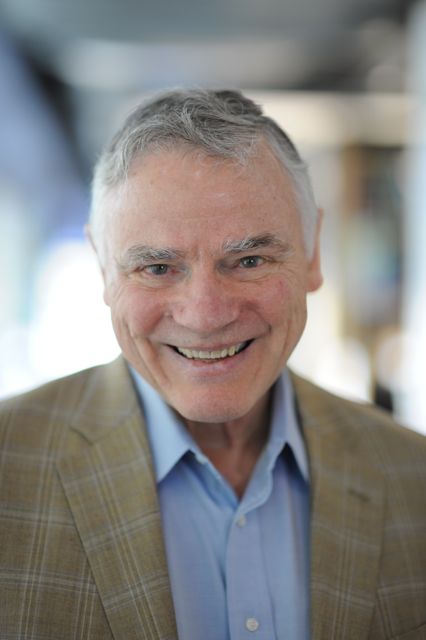P4 Medicine: Antidote to Budget Woes?
 isbscience.org/news/2013/03/28/p4-medicine-antidote-to-budget-woes/
isbscience.org/news/2013/03/28/p4-medicine-antidote-to-budget-woes/
Dr. Lee Hood, president of ISB, published an op-ed piece today on thehill.com’s Congress blog. His piece makes the case for P4 – personalized, predictive, preventive, participatory – medicine’s potential to shift medical care from disease-focused to wellness-focused, and thereby greatly reducing the cost of healthcare. You can read the post here.
LEARN MORE ABOUT ISB’S P4 MEDICINE:
The Puget Sound Business Journal featured P4 medicine in a special section on the “Health Care of the Future.” In this cover story, reporter Valerie Bauman explores the ramifications of personalized medicine from birth to death. Read the report: HealthCareFuture_PSBJ. Or explore ISB’s Web site section on P4.
Dr. Lee Hood’s TEDxRainier talk on P4 medicine:






